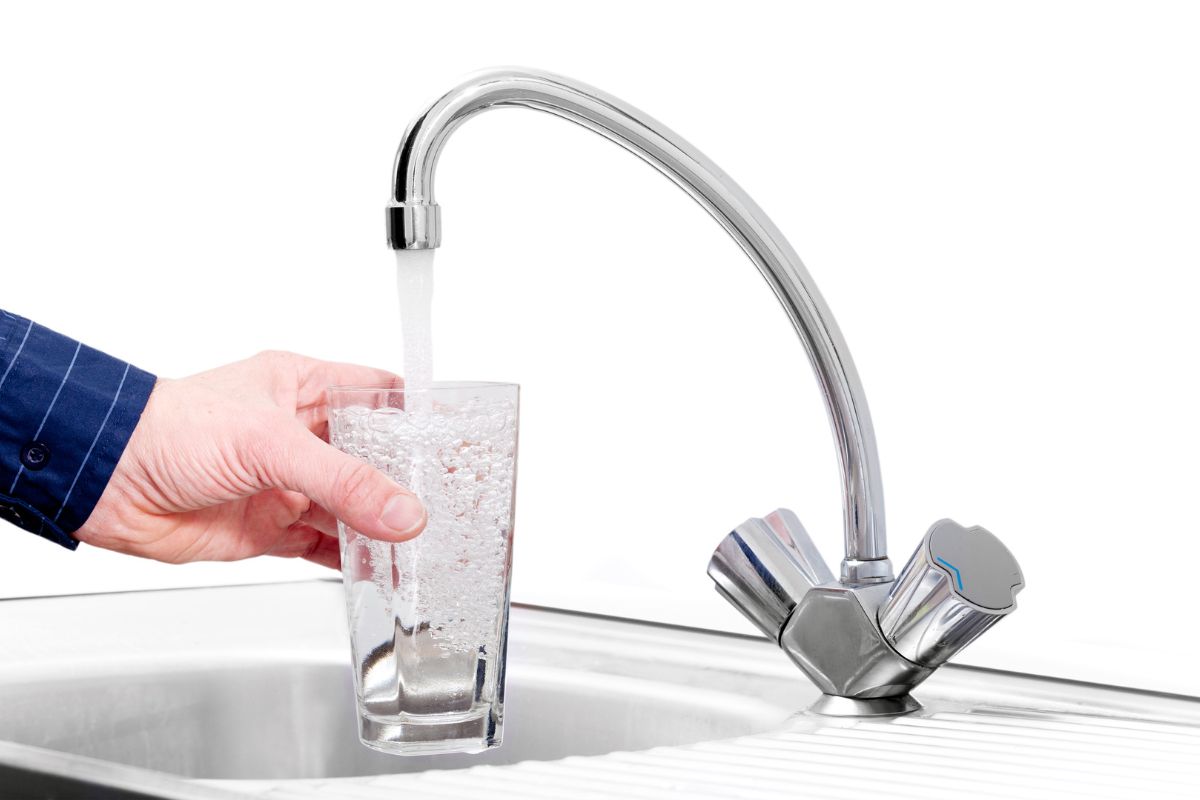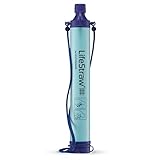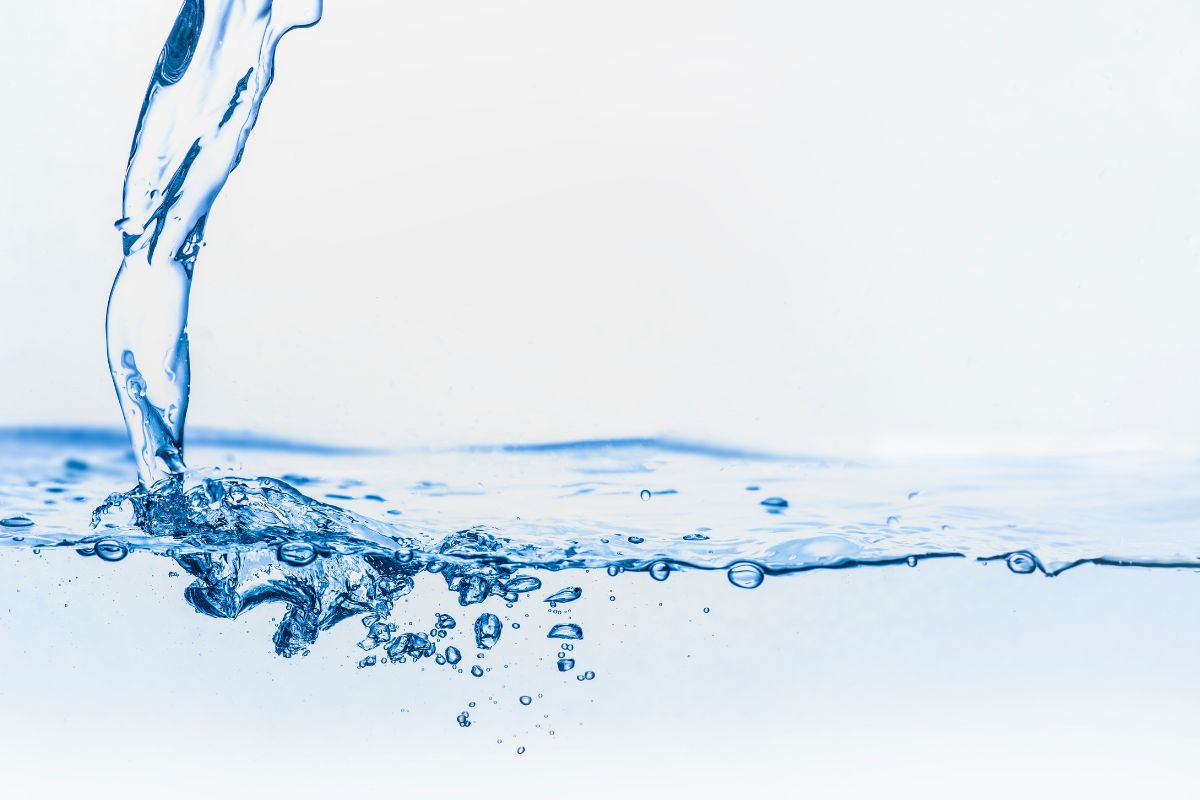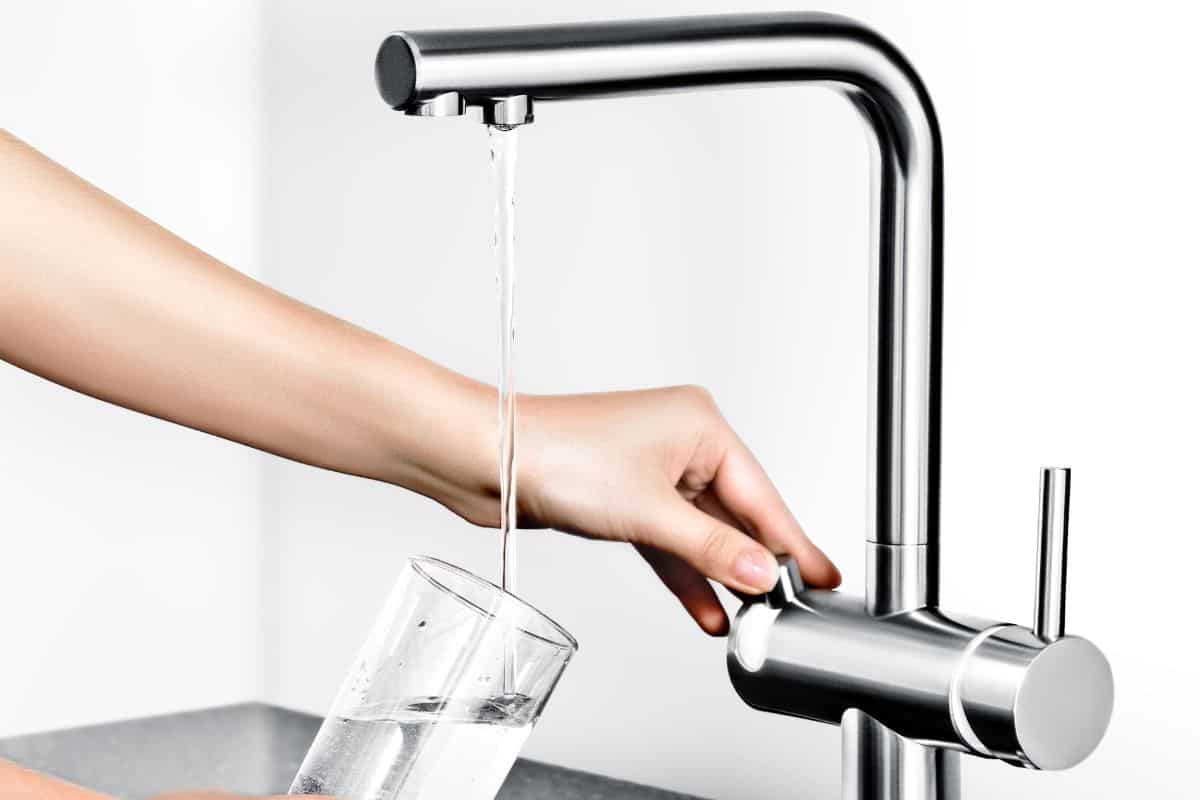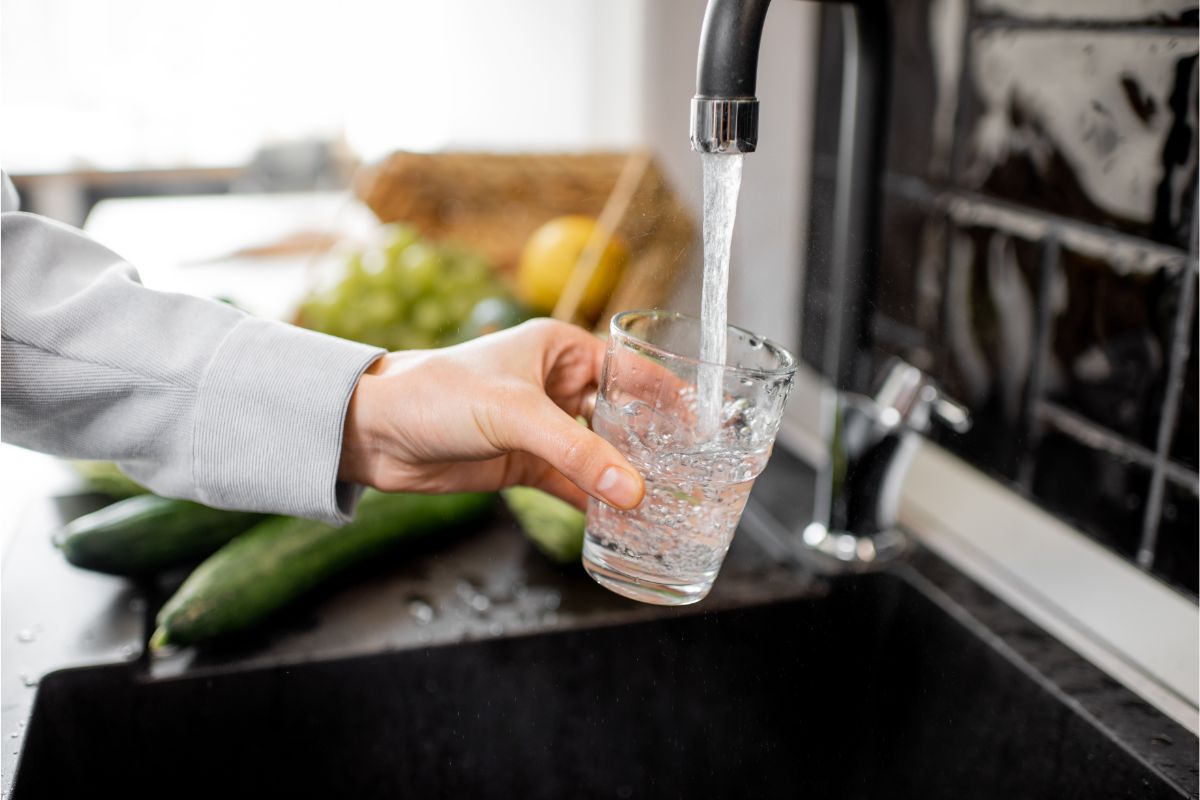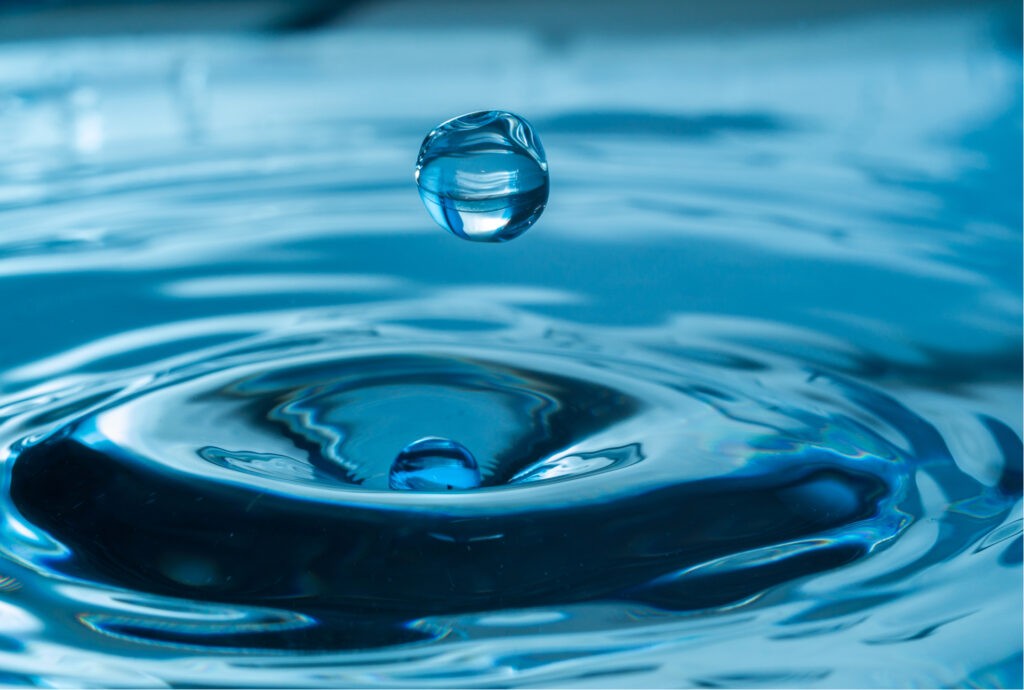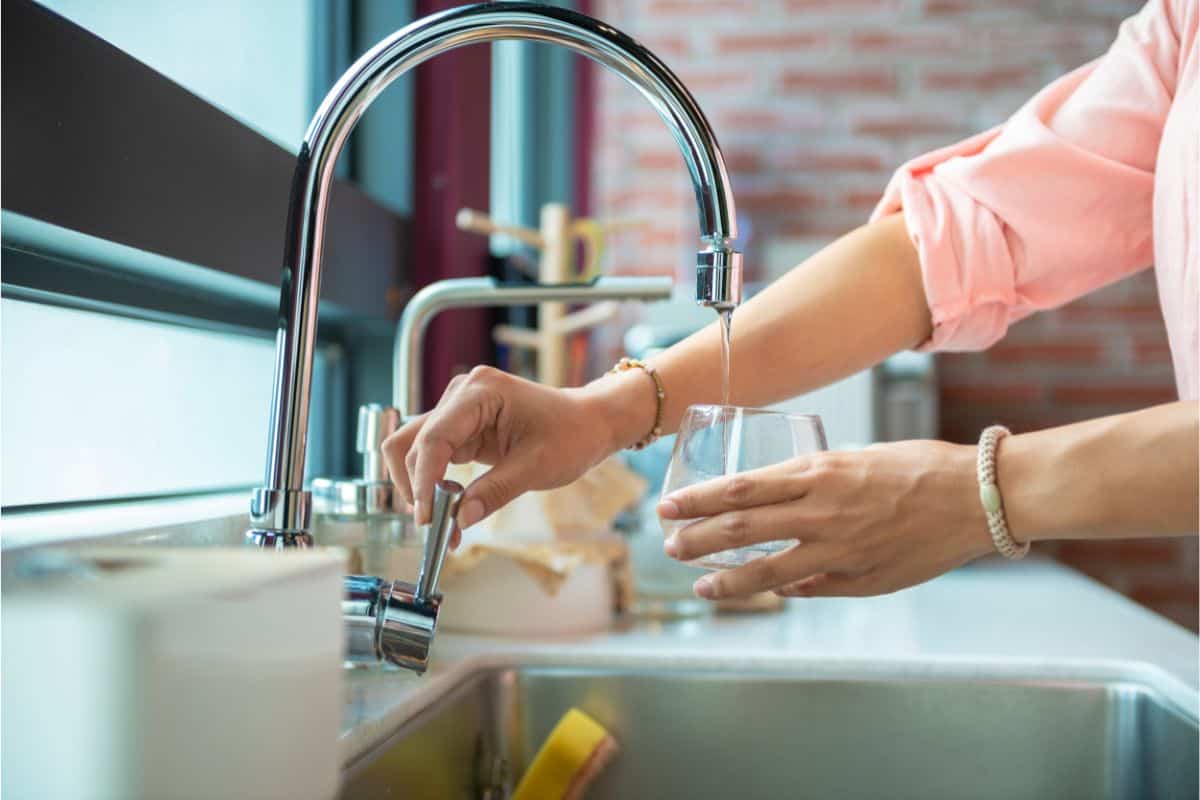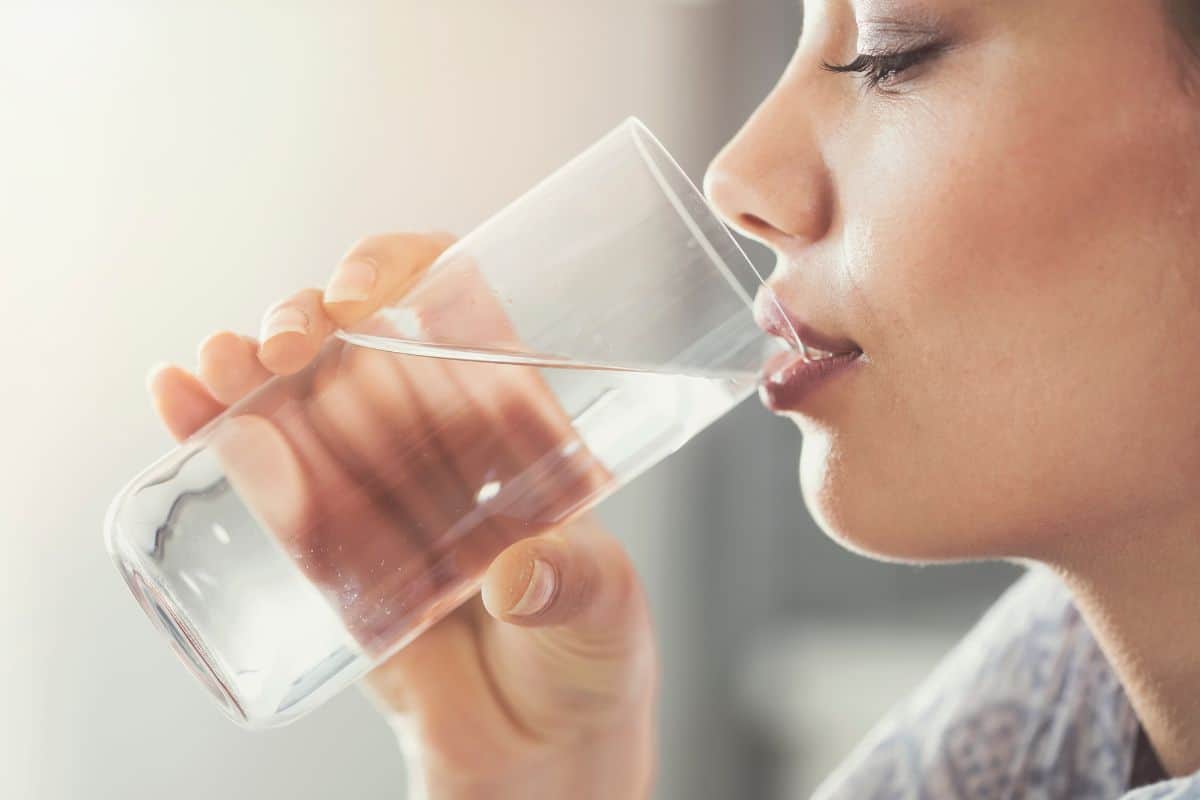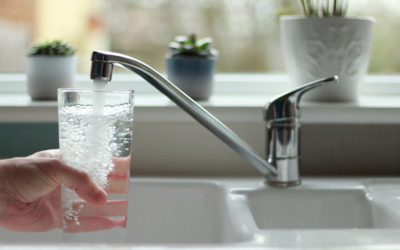A nice refreshing glass of water is usually the answer to all your problems. If you’re dehydrated or your head is hurting, usually a nice glass of water is the perfect remedy.
But when your water quality is poor, it can really put a spanner in the works. If you live in Portland, you’re probably wondering if tap water is safe to drink. Tap water is a whole lot easier to get hold of when you need water quickly, and it’s cheaper too.
If you’re wondering if tap water is safe to drink in Portland, well, you’ve come to the right place! We’ll be going over everything you need to know about the tap water in Portland in this article.
Contents
Is the tap water safe to drink in Portland?
So is the tap water safe to drink in Portland? Well, the short answer is yes.
Portland takes pride in the cleanliness of its tap water. The tap water is treated to produce high-quality drinking water that meets all the water regulations and requirements, both state and federal.
The water treatment in Portland consists of three steps: chlorine, ammonia, and finally, sodium hydroxide.
Chlorine disinfects any organisms found in the water, including bacteria and viruses. Removing these organisms from the water stops you from getting sick.
The ammonia then stabilizes the chlorine and creates a long-lasting disinfectant. And finally, the sodium hydroxide reduces metal corrosion, which is usually found in the pipes it runs through.
So although the tap water is technically safe to drink and follows all the regulations it needs, you may want to get some form of water filtration system to make sure any of the extra chlorine, ammonia, and sodium hydroxide isn’t too strong in the water.
Where does the tap water in Portland come from?
The tap water in Portland comes from two sources: the Bull Run Watershed and the Columbia South Shore Well Field.
Both of these water sources are consistently protected and maintained, to ensure the quality level of the drinking water is of the highest quality.
The water in Portland is also regulated by the EPA (Environmental Protection Agency), whereas bottled water is regulated by the FDA.
The great thing about this is that the EPA is much tighter with its regulations than the FDA, so they will make sure that the tap water supplied to the general population of Portland is of top-tier quality and is safe to drink for everyone.
Does Portland have clean water?
Because the tap water in Portland is treated to make sure it meets all the required state and federal drinking water regulations and standards, this means that the tap water in Portland is overall safe to drink and you won’t have to worry about catching any diseases or illnesses that will make you sick
If you’re still a bit concerned though, there are quality faucet water filters you can look into getting to make sure the water is as pure as you can get it.
Is there lead in Portland water?
Because the water in Portland comes from the Bull Run Watershed and the Columbia South Shore Well Field, it actually travels through distribution lines and water mains that are lead-free.
Portland takes pride in its high-quality water distribution, and they have never actually had any lead service lines installed in their water supply.
How to know if your tap water is safe to drink
If you want to know if your tap water is safe to drink, there are a few ways you can work this out.
Top-quality water will be odorless, taste fine with no unpleasantness, and it will be clear. If you notice that your tap water tastes a bit fishy, metallic, or it’s cloudy in any way, then these are telltale signs that your tap water isn’t very safe to drink.
If you are going to sample the water when you’re worried it’s not as good quality as it should be, make sure that you only take a sip. If it’s cloudy from the get-go and the odor smells funny, it’s better for you not to drink it at all and contact your water supplier.
How to purify your tap water
There are two ways you can purify your water with water filters in Portland and we’ll be going over both briefly here.
The first way you can purify your water is by using a whole house filtration system. These filtration systems are usually installed in your house and they work in regards to the whole water system, rather than just one or two faucets. This means that your drinking water, bathroom water, and more will be purified.
The whole house filtration systems use lots of filters to remove any and all contaminants that are found in your drinking water. This includes the removal of chlorine and heavy metals, as well as lots of other contaminants that may have slipped into your water supply. These filtration systems are also extremely cost-effective.
The second way you can purify your water is through Reverse Osmosis Systems. These systems have filters in them which are called membranes, and these membranes filter out any contaminants that are in your water supply.
The Reverse Osmosis System is different from the whole house filtration system because they are only designed to work on your drinking faucets, they aren’t designed to work with your whole water supply.
The Reverse Osmosis Systems remove 97% of contaminants found in your water, so you can have cleaner, nicer water without worrying about getting sick.
### Recent Concerns About Portland, OR Tap Water Quality
In recent months, concerns have arisen regarding the quality of tap water in Portland, OR. Local residents and authorities have reported issues related to contamination, specifically with elevated levels of lead. This has primarily affected older neighborhoods with aging infrastructure, where lead pipes are more prevalent. In response, Portland's Water Bureau has initiated a series of tests to monitor lead levels in the water supply and is providing free lead testing kits to residents in affected areas. Additionally, the city has begun replacing old lead service lines as a long-term solution to prevent future contamination.
Moreover, there have been isolated reports of E. coli bacteria detected in certain parts of the city, prompting temporary boil water advisories. These advisories have been lifted following subsequent testing and confirmation that the water is safe to consume. To address these issues, the Portland Water Bureau is enhancing water treatment processes and increasing the frequency of water quality testing to ensure public safety.
Portland Water Bureau Provides Free Lead in Water Testing to Customers
https://www.portlandoregon.gov/water/article/799999
Boil Water Notice Lifted for Portland Neighborhoods After E. coli Found
https://www.kgw.com/article/news/local/portland-boil-water-notice-lifted/283-6127f3a1-5f34-4bdf-a1b5-3c1d1c9e6b45
Portland Water Bureau Replacing Lead Service Lines to Improve Water Quality
https://www.oregonlive.com/portland/2023/07/portland-water-bureau-replacing-lead-service-lines.html
Conclusion
Overall, the tap water in Portland is very safe to drink and is one of the places in the United States that has some of the cleanest and best tap water available.
You can drink water straight from the faucet without worrying too much about getting sick. If you’re still a bit cautious about the quality of the drinking water though, you should look into the two ways you can purify your tap water. These methods will help settle your worries when it comes to drinking tap water.
